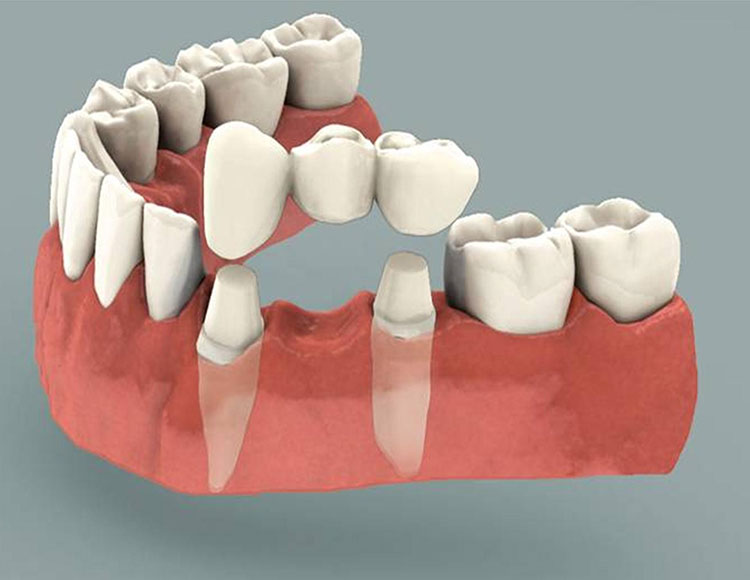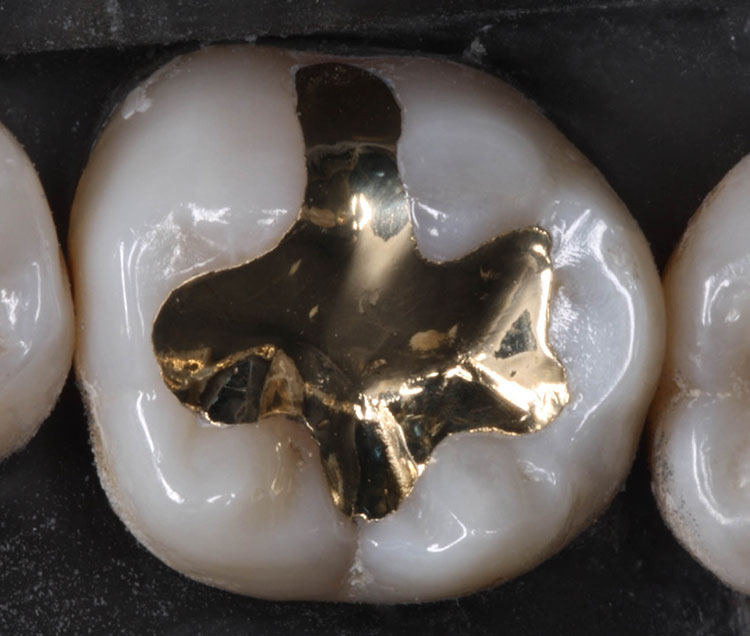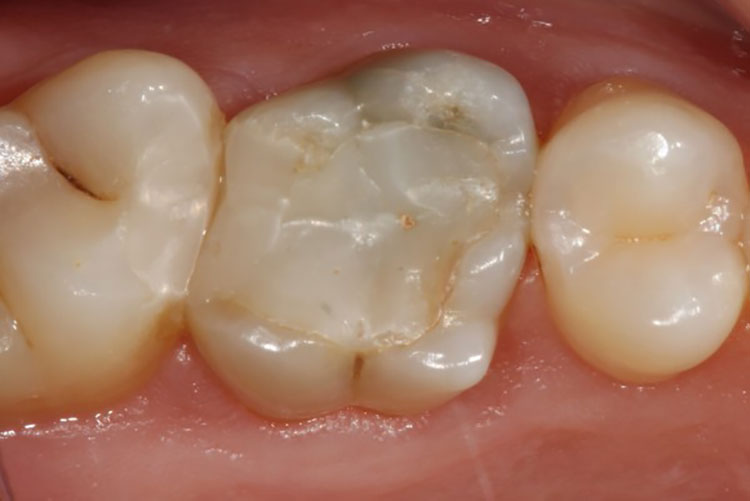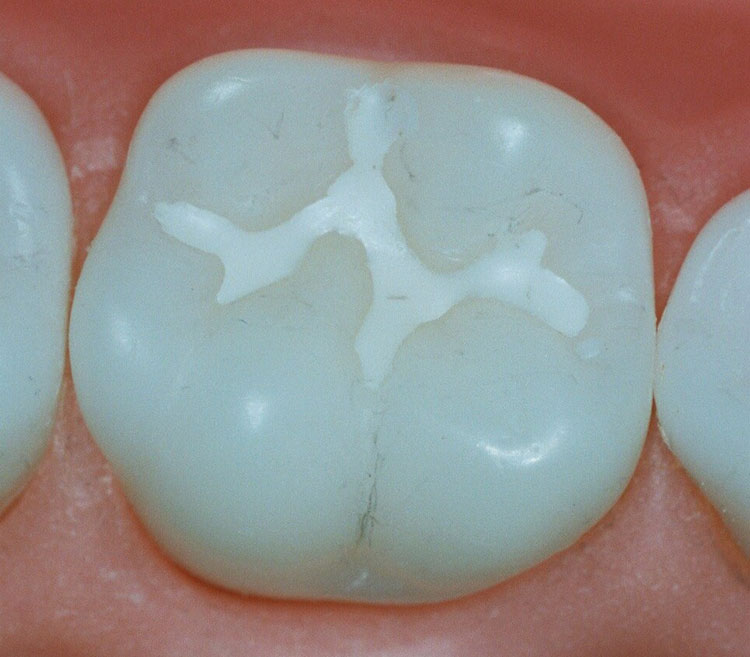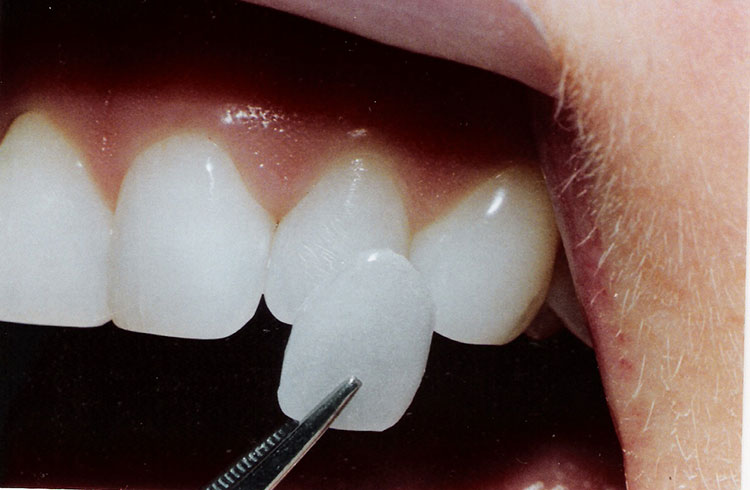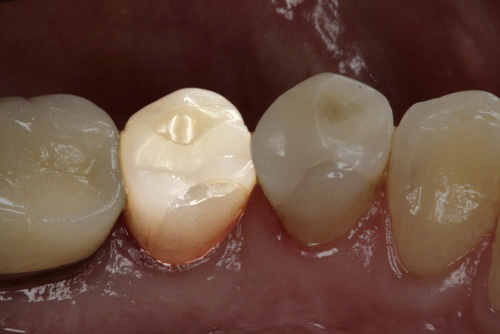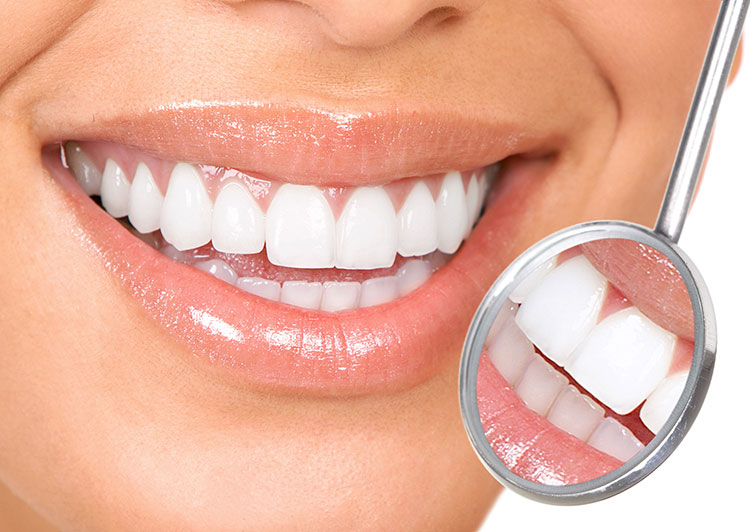What are dentures?
A denture is a removable prosthesis used to replace missing teeth. Commonly referred to as ‘false teeth’, a denture is usually made of acrylic or a combination of acrylic and metal. A partial denture is fitted to replace some missing teeth whilst a complete denture is indicated when all natural teeth are missing. A good set of dentures helps you to eat, speak, function, and often improves a person’s appearance.
How long does it take to make dentures?
Depending on the complexity of each case, the duration of the treatment will vary. After the initial visit of examination and diagnosis, the subsequent visits will include taking impressions of the mouth, bite registration, try-in of the denture, fitting and review.
What to expect?
New dentures always feel strange when first placed in your mouth. Several days or weeks will be required before you get accustomed to them. Adaptation varies with different persons and often time and experience are essential before dentures can be worn comfortably and function effectively.
Useful suggestions to help you to adapt to the new dentures:
Eating - Eating will take a little practice. Start with soft foods and foods cut into small pieces will help. Chew slowly using both sides of your mouth at the same time to prevent dentures from tipping. Once you become accustomed to chewing, include other foods until you return to your normal diet.
Increased salivary flow - You may experience an increase in salivary flow when the denturesare first inserted. This is a natural response of the salivary glands that will return to normal after a few weeks. You can improve the situation by swallowing more often.
Speech - New dentures may alter your speech initially. Pronouncing certain words may require practice. Reading out loud and repeating troublesome words will speed up the adaptation process. This problem rarely persists beyond two weeks.
Sore spots - Minor irritation caused by surface irregularities or pressure spots on the denture-bearing areas are quite common. Your dentist will relieve the discomfort by adjusting thedentures surface. Stop wearing the denture if the irritation is very painful. Consult your dentist immediately.
Care of your dentures
Like natural teeth, dentures can accumulate plaque and food debris, particularly in areas where the dentures is in contact with the remaining teeth and gum. In addition, to the usual oral hygiene measures like tooth brushing, dentures should be cleaned regularly. Poor dentureshygiene can result in stains on the dentures and a bad odour.
If possible, dentures should be removed and cleaned after every meal. When cleaning, remember the following:
- Use a soft hand brush or a special dentures brush.
- Avoid very hot water as it may distort the dentures.
- Use mild detergent to clean dentures. Avoid using abrasive cleaners that can roughen the polished surface of the denture. Do not use bleach as this may whiten the pink acrylic.
- Hold the dentures firmly while cleaning. Accidentally dropping the dentures may result in chipped or broken dentures. Always wash your dentures over a basin of water.
Soak the dentures in denture cleanser once a week to remove stains and always rinse them thoroughly before using the dentures again.
When you are not wearing the dentures, store them in water. Dentures may lose their shape if left to dry out.
How long should you wear your dentures?
During the first few days you are advised to wear them most of the time except when sleeping. Always remove the dentures before going to bed. This will allow your gum tissues to rest and promote oral health. Gentle massaging of the gums with a soft toothbrush is encouraged. Remember to soak the dentures in water to prevent them from drying out.
The next dentures review
Your jawbones and gums naturally shrink over time and this can cause the dentures to fit less securely. Ill-fitting dentures can give rise to chewing difficulties, soreness, infections and changes in facial support. It is important that you visit your dentist to have your dentures and oral tissues evaluated yearly. Your dentures may need to be adjusted, relieved or even relined from time to time to ensure an optimal fit. Do not attempt to adjust the denture yourself - seek professional help.
With time and practice you will soon learn to eat, talk and smile with your dentures as you would with your natural teeth.
Nork Way Dental Treatments
